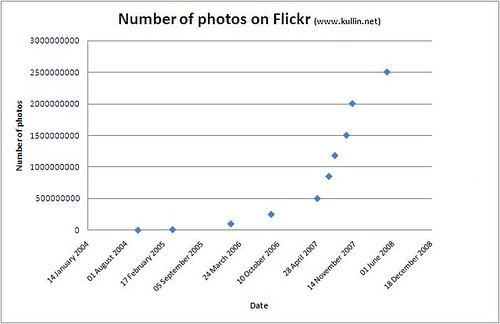Despite being late I made it to the first talk which was by Erik Zachte speaking about Future of Wikipedia and the Wikimedia Foundation. He was eloquent and offered both an interesting animated graphical (a la Hans Rosling) example of the growth of different language groups within Wikipedia. He also offered a critical analysis of what this growth could mean and what will happen in the future.
The next talk was Young Pirate: Young people and hacktivism by Amelia Andersdotter, Krister Svanlund, Jimmy Callin, Kalle Vedin but unfortunately they were hadicapped by the problem that Amelia Andersdotter (Swedens latest MEP) was late and Jimmy Callin was unable to come due to illness. Despite the handicaps the talk gained momentum and the discussion got started and became an interesting talk about the problems with a disseminated organisation. Part of the problems could be technical the Göteborg group is more hacker oriented and use irc and the rest use the proprietary skype. Or organizational “Uppsala is more hierarchical while Göteborg is more chaotic”
Next up it’s Karin Kosina (vka kyrah) Hackerspaces FTW! She begins by apologizing that she maybe doesn’t need to but she will define the term hacker as opposed to crackers. “Hackers are people who do awesome things with technology” and Hackerspaces “I don’t mean spaces in an abstract theoretical space but actual physical space”. Kyrah has a great energy and belief that people can create – if they are given they opportunity the will go from consumers to producers. The opportunity? Basically its the need to go beyond chats and mailing lists. Physical space is creative! And fundamental spaces are key, she describes the importance of their kitchen (the place for food hacking):
Making food together and eating together is a fundamental way for people to come together as a community
